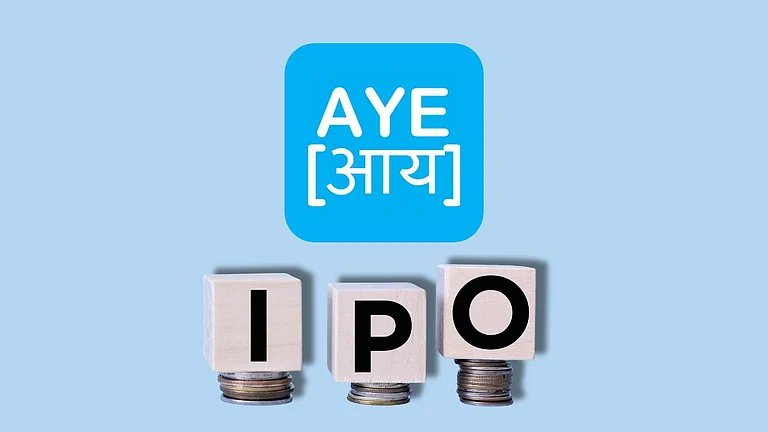Securities and Exchanges Board of India extended the implementation date for the new process of redressal of investor grievances through the SEBI Complaint Redressal (SCORES) Platform. Originally set for execution on December 4, 2023, the new implementation deadline for linking Scores with online dispute resolution platforms now stands at April 1, 2024.
However, the new stipulation for market entities to keep submitting the Action Taken Report (ATR) on SCORES within 21 calendar days of receiving the complaint will continue.
SEBI had on September 20, 2023, outlined a framework for the processing of investor grievances by entities and a monitoring and handling framework for investor complaints by designated bodies. Investors can raise disputes against listed companies and specified intermediaries through an Online Dispute Resolution Portal.
The ODR Portal will facilitate the enrolment of investors and market participants, allowing them to file complaints and upload relevant documents. It provides status updates on the complaints obtained by ODR Institutions which are service providers who handle and arbitrate investor's complaints.
New Process of Grievance Redressal
The new process is aimed at resolving complaints in a maximum of 60 days.
Investors are required to approach the concerned entity they have a grievance against through designated persons or officials responsible for compliance and redressal. If the grievance remains unresolved, investors may then approach SCORES for further resolution within a stipulated time frame.
Upon filing complaints through SCORES, entities, including listed companies, brokers, and mutual funds, must address and resolve them within 21 calendar days. These complaints are automatically forwarded to the respective entities for resolution, and Action Taken Reports (ATRs) are expected to be submitted within the same period.
Designated regulatory bodies oversee the quality of submission of ATRs by entities within their jurisdiction to ensure the quality of grievance resolution.
If investors remain dissatisfied with the resolution provided by the entity or in case of delays in ATR submissions, they can request reviews within 15 days of receiving ATR. The first review is initiated by designated regulatory bodies. While the second review involves SEBI's intervention if needed, investors can request a second review within 15 calendar days of receiving the ATR from the designated regulatory body. If the complainant remains unsatisfied or the ATR submission faces delays, Sebi intervenes for a second review. The concerned entity must promptly submit a revised ATR to Sebi through SCORES.
If investors are still unsatisfied, they can resort to Online Dispute Resolution or other civil remedies. However, if a complaint remains unresolved by a listed company for more than 60 days, they face a fine of Rs 1,000 per day per complaint.













